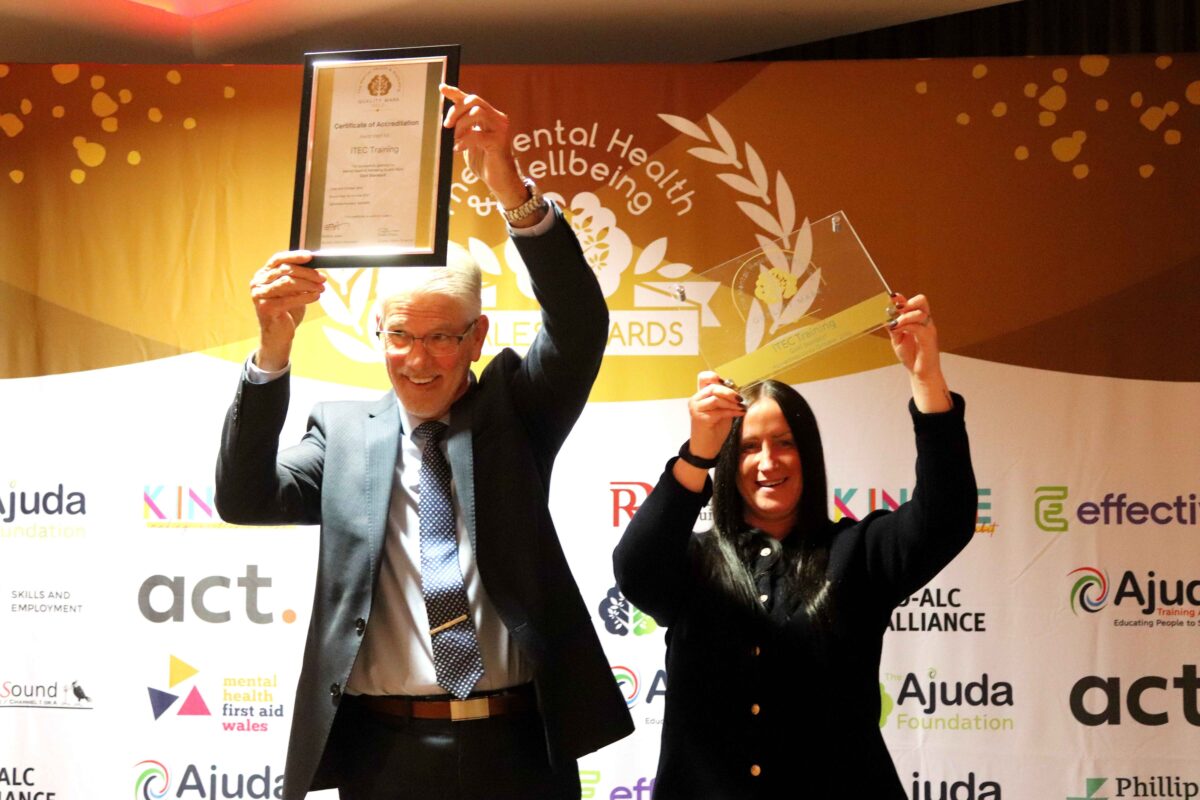SEND provision review

Today’s Education in the Media blog looks at what the government is doing to support children with special educational needs and disabilities (SEND) and the release yesterday of statistics about key stage 2 results.
Review into SEND support
The department has launched a major review into educational provision for children with special educational needs and disabilities (SEND) that will look at improving services for families and better equip schools to meet pupils’ needs. The review comes a week after the government announced a major funding boost of £700 million in 2020/21 for pupils with the most complex needs.
School Standards Minister Nick Gibb said:
The introduction of Education and Health Care plans in 2014 has meant 354,000 children and young people with the most complex needs are receiving specialised support, with many staying in mainstream education.
I’m proud of those changes, but resetting our ambitions so they are the same for every child has created pressures in the system, both on funding and delivery. We’ve listened to the concerns of parents and teachers, which is why we are announcing an ambitious new review of special needs education to identify what’s working, what isn’t working and work together with the sector to find solutions—backed by a £700 million boost to high needs.
The Prime Minister has announced a generous three-year funding settlement for schools. Our job now is to support every school in the country to deliver the quality of education for children of all backgrounds, so that they’re given the grounding they need to make the most of their lives.
Key Stage 2 statistics
Yesterday, Thursday 5 September, the department published statistics on attainment at key stage 2, providing a breakdown on performance by pupil characteristic, region and school type.
School Standards Minister Nick Gibb said:
We want all pupils to leave primary school equipped with the knowledge and skills that will help them to be successful in the rest of their education and beyond – that’s why I’m pleased to see an increase in pupils reaching the very highest standards at the end of primary school.
The fact that the attainment gap between disadvantaged pupils and their peers has significantly reduced since 2011 illustrates how the programme of reforms we’ve put in place since 2010 is helping to level the playing field.
We reformed Key Stage 2 tests in 2016 to make sure they assessed schools’ performance in equipping pupils to understand the new, improved primary curriculum. These results are testament to the hard work of pupils, parents and teachers.
https://dfemedia.blog.gov.uk/2019/09/06/send-provision-review/











Responses